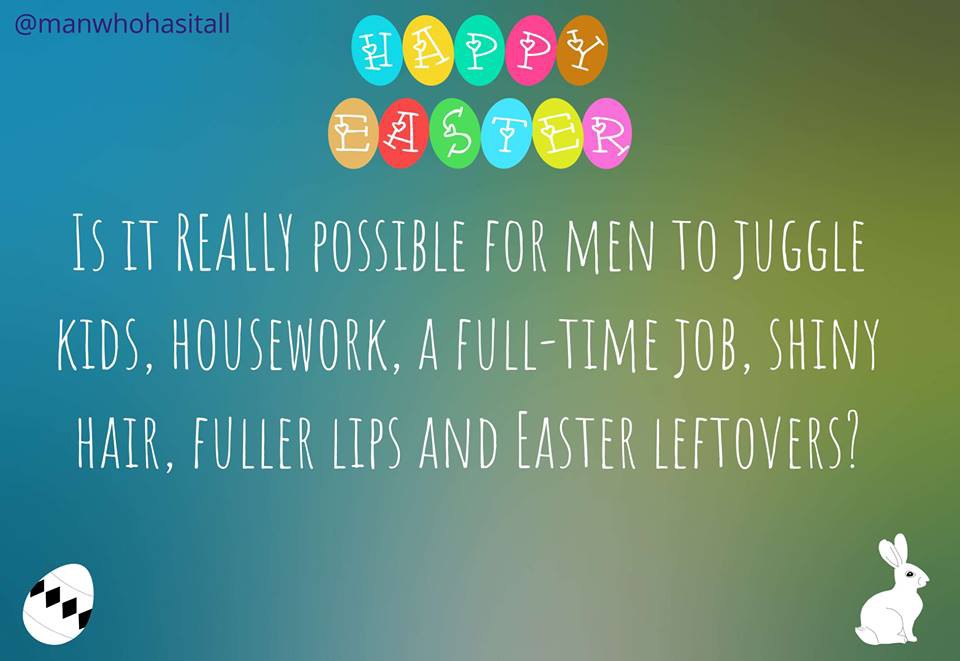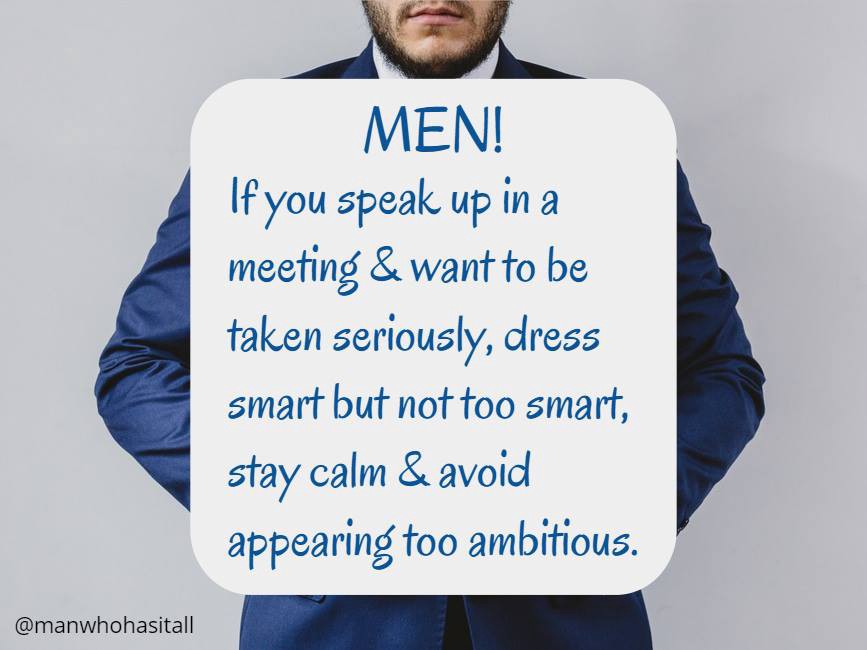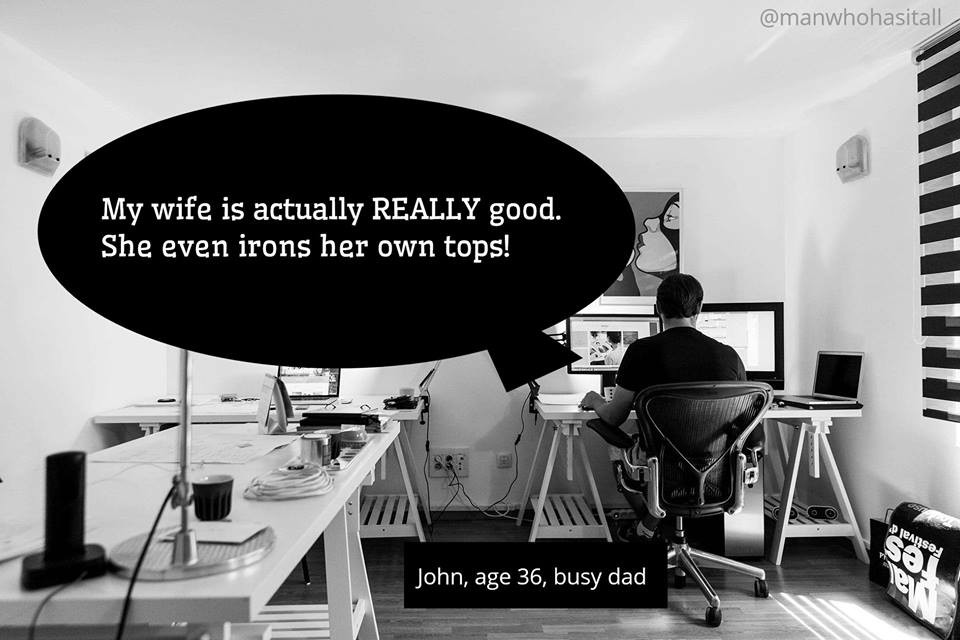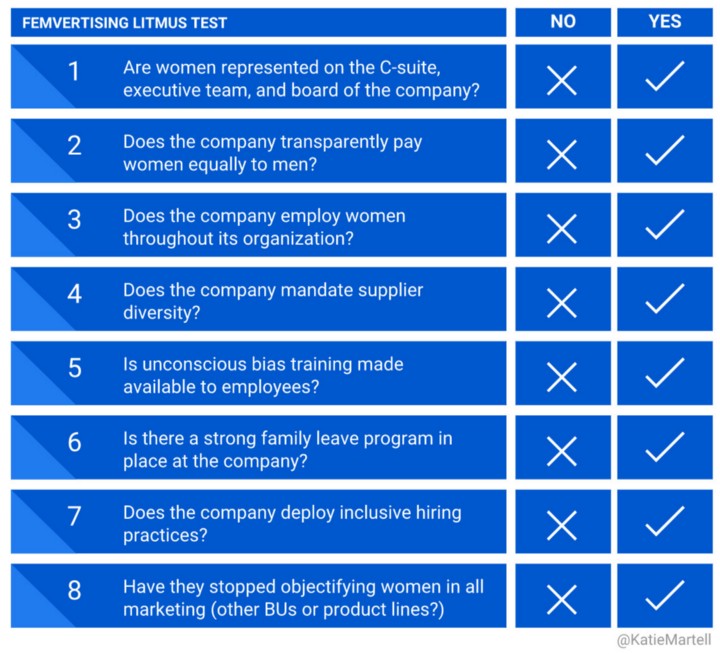Lean Cuisine Gets "It All" Wrong
In Spring 2018, Low-fat frozen dinner brand Lean Cuisine launched a new campaign focused on the question of: “Can women can have it all?”
This is a complicated topic, and one that this frozen-diet-food-brand may not equipped to become the stewards of.
Shoutout to Deb for calling this one out!
“Having it all”
Since women entered the workforce in great numbers during WW2 and the feminist movement of the 1960s, there has been an archaic notion that in the act of balancing family and home responsibilities with work demands, women must struggle to “have it all.”
It’s a phrase that’s used to describe the ideal, unreachable, nirvana state of the perfect woman, one who seamlessly juggles all home work (groceries, children, scheduling, parental care) with their ambitions in the workplace.
Can a woman be both a doting mother, and a busy executive? AND SKINNY!?
The issue is real — anybody balancing work/life knows it’s a challenge — but the REAL problem is that this concept of “having it all” is inherently sexist and deeply misogynistic.
Men are rarely (if ever) asked how they balance both the responsibilities of parenting (though they are responsible for 50% of it) and the workplace.
Women are assumed by default to take on the workload of family/home responsibilities.
The ideals of feminism — the radical notion that women should be treated equally to men — try to counter these harmful defaults where we assume that a disproportionate amount of responsibility falls to a woman’s shoulders. This is not 1950, and for heterosexual couples, men need to step up and be equal partners in the household.
Just think about the flip side — when is a man admired for “having it all?” How do we talk about men in this way? Luckily the internet can truly be a beautiful place sometimes:
Men who have it all
My favorite thing on the internet is a parody account “Men Who Have It All.”
Hilarious.
It shows how ridiculously one-sided this idea of “having it all” is against women.
It demonstrates the extent to which these ideas are embedded in deep-rooted gender roles.
It reverses the parts to illustrate the antiquated, harmful ideas that form the very root of inequality in society and the workplace.
And it’s f*cking funny as hell. (I highly suggest reading the comments on Facebook.)
So — how should we react to the Lean Cuisine ad?
I was personally struck by two thoughts when a friend sent me this ad.
(Thank you to all who think of me when they see ads pandering to women. I appreciate you.)
Why is a diet food brand using this theme?
This is a brand that caters to women seeking to lose weight, and one that has grown because of diet culture and unrelenting body standards.
It immediately struck me as inappropriate for a weight-loss food brand to address the “having it all” fallacy in their marketing. (Even IF they were trying to illustrate how unachievable it is.)
The fact remains that our skinny-obsessed culture (the very narrative that sustains the $1 TRILLION global healthy food market) contributes to the unrealistic expectations placed on women.
Where are the men?
I then found myself wondering “where the hell are the men in this ad?”
By omission, LeanCuisine ignores the critical role men play in supporting the women in their lives at best. At worst, it suggests it’s simply not their responsibility.
The campaign missed an opportunity to address the role that men play, unfortunately placing the burden on women to support women (and themselves).
I also feel that this core message (choose your all) — while positive — applies to men as well as women. Dads who take part in raising their kids (…which is every good dad I know…) while balancing a career, making sacrifices so their partner can balance their own ambitions, husbands who share the household responsibilities, single dads, gay dads.
What year is it in which a diet food brand thinks this is what women want?
Holding this campaign up to the litmus test:
Are women represented on the C-suite, executive team, and board of the company? Does the company employ women throughout its organization?
This is a Nestle brand, of which the executive board is 91% male (one woman in total), the board of directors 70% male.
Nestle’s diversity website does make room for gender balance talking points, stating clearly that gender equality is “clearly articulated in our Values, which enshrine a respect for diversity.”
They report 37.5% leadership positions held by women, and 30% senior leadership held by women.
LedBetter gives them a score of 21.6, ranking 116th of 237.
Hardly stats to expose to public scrutiny with a femvertising campaign.
Is there a strong family leave program in place at the company?
For a brand who wants to “help women have it all” I was happy to see clear family leave policies in place. 14 weeks of paid leave + 12 weeks of unpaid leave are provided to the primary caregivers through the policy.
Could LeanCuisine have put more emphasis of helping women achieve work/life balance on the companies that employ them — not themselves and their friends? I think yes.
Have they stopped objectifying women in all marketing?
This is where the core of the issue is for me despite the intended message and good intentions of their internal policies.
Weight loss is a massive industry, and Lean Cuisine has seen success due to the unrelenting pressure placed upon women to look skinnier — the result of objectification. Try as they might, their product (the name itself gives them away) plays on the trend of women’s insecurities.
Lean Cuisine, were first launched by Stouffer’s in the USA in 1981 in response to the increasing desire of consumers for weight management product.
“Lean Cuisine products keep life delicious, even when you’re watching the scales.” says its corporate website.
What is empowering about that?
The verdict: faux-feminism.
On the spectrum, this unfortunately falls into the faux-feminism side of things.
Given that this brand centers on dieting, weight insecurity, and beauty standards, it’s an odd choice to choose empowering women in their campaign.
And this matters — because actions are more important than empty promises in the very real fight for women’s equality. Reducing feminism to a tagline harms decades of progress in a time when women’s rights are under attack.
Having it all? Not having it.
Lean Cuisine, and all brands who target women, should take this as a warning about the effect of patronizing their buyers.
Women may not need your help to remind them they must support each other in a world that puts them under unrelenting pressure. They want your real help in combating the forces that put them in the predicament to begin with — unrealistic body standards, businesses held to dangerously low standards of support for working mothers, and an oppressively massive diet culture.
The bottom line: If your products thrive due to diet culture, think twice before using a superficial message of female empowerment.
Please stop.








